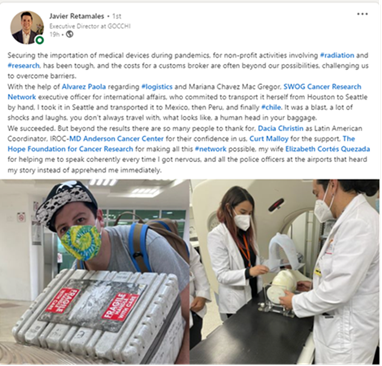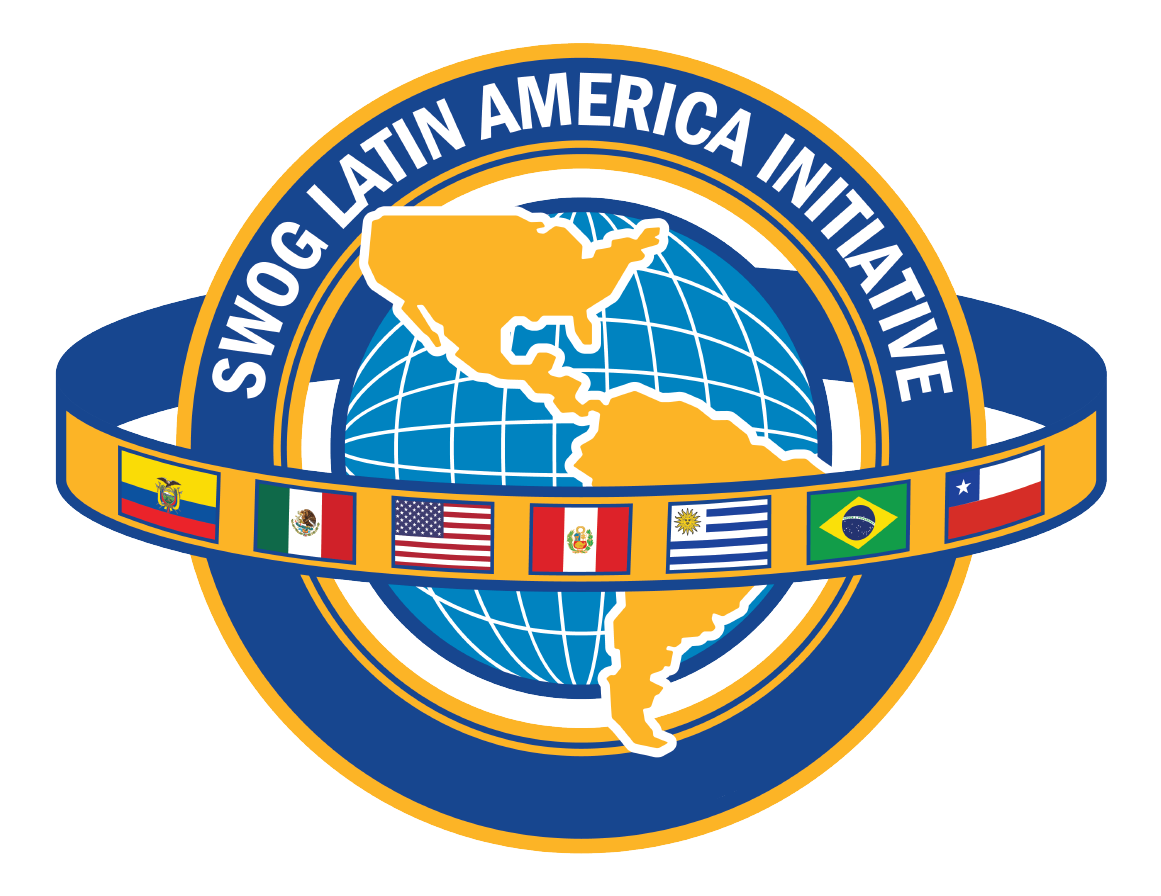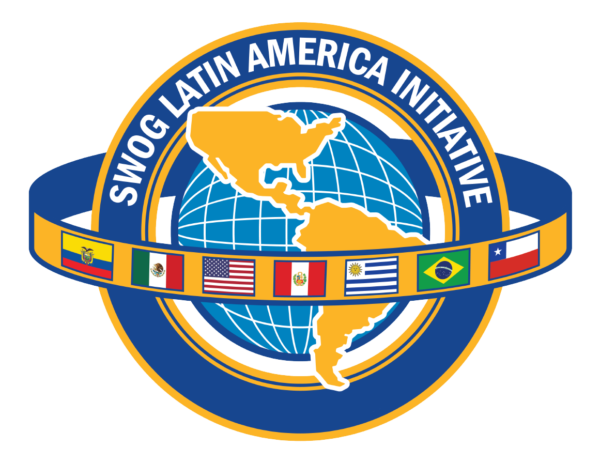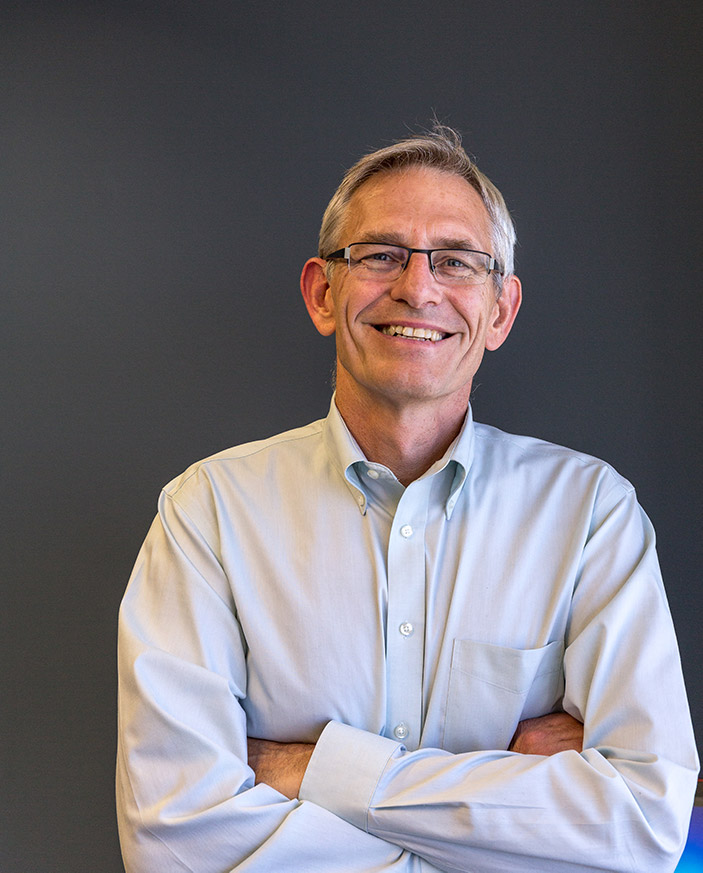On the surface, this story sounds like the stuff of comic books and superheroes. It includes at least two mavericks, and one very special phantom.
In June 2020, amid a global health crisis, our board of directors and staff were thrilled to shine a bit of light in the darkness when we announced two new fellowships to be awarded to up-and-coming cancer researchers working within our network. One of these grantees was Dr. Chad Rusthoven, a radiation oncologist based at the University of Colorado, who would be leveraging his award to lead MAVERICK, also known as S1827, a randomized phase III trial evaluating the role of preventative brain radiation for patients with small-cell lung cancer in the modern era of brain MRI surveillance.
The phantom: A unique challenge for Chilean physicians working to bring S1827 to patients.
Earlier this year, our members at the Chilean Cooperative Group for Oncologic Research (GOCCHI) were looking to offer the MAVERICK study for their lung cancer patients. To do so, they needed to validate their Magnetic Resonance Imaging (MRI) technology with a special tool called a phantom. These objects are used as stand-ins for human tissues to ensure that imaging systems are functioning precisely, but unfortunately for the GOCCHI team, our partners who provide that assurance with phantom technology are based in Houston, Texas – posing a costly and complex barrier to trial participation.
Cooperative research: Leveraging the power of our network to find noteworthy solutions.
Dr. Mariana Chavez Mac Gregor is a health researcher in Texas who also currently leads our Latin America Initiative, the arm of our network focused on bringing our path-breaking cancer studies to patients across the region. When the Chilean research team wanted to try to reduce upfront costs by physically transporting the phantom to its destination rather than importing it, Chavez Mac Gregor volunteered to help.

Bringing the phantom to GOCCHI’s Dr. Javier Retamales was no small undertaking. These objects are transported in large and cumbersome cases. First, Chavez Mac Gregor would travel with the phantom from Houston to Seattle, where our network was holding its spring research conference. Once on site, it was transferred to Retamales who would carry it throughout his multi-part journey back to Santiago.
As Retamales described in a post on social media, “I took it in Seattle and transported it to Mexico, then Peru, and finally Chile. It was a blast, a lot of shocks and laughs, you don’t always travel with, what looks like, a human head in your baggage.” He went on to thank the additional team members who helped with the process, making this one of our most inspiring examples of cooperative research team efforts this year!
The Latin America Initiative, a program we’ve been honored to fund and help grow over the past 18 years, has made significant strides in bringing clinical trials to member sites in Brazil, Chile, Colombia, Mexico, Peru, and Uruguay.
Retamales’ story illustrates the unique nature of our work: We further investigators’ careers through research grants and fellowships so that they can design and launch studies like S1827, but we also support the mavericks who help those studies reach patients – wherever they may be.
With support from our generous donors, SWOG members have an incredible network to help them deliver tomorrow’s treatment breakthroughs. You can directly fund these efforts with a charitable gift today.



